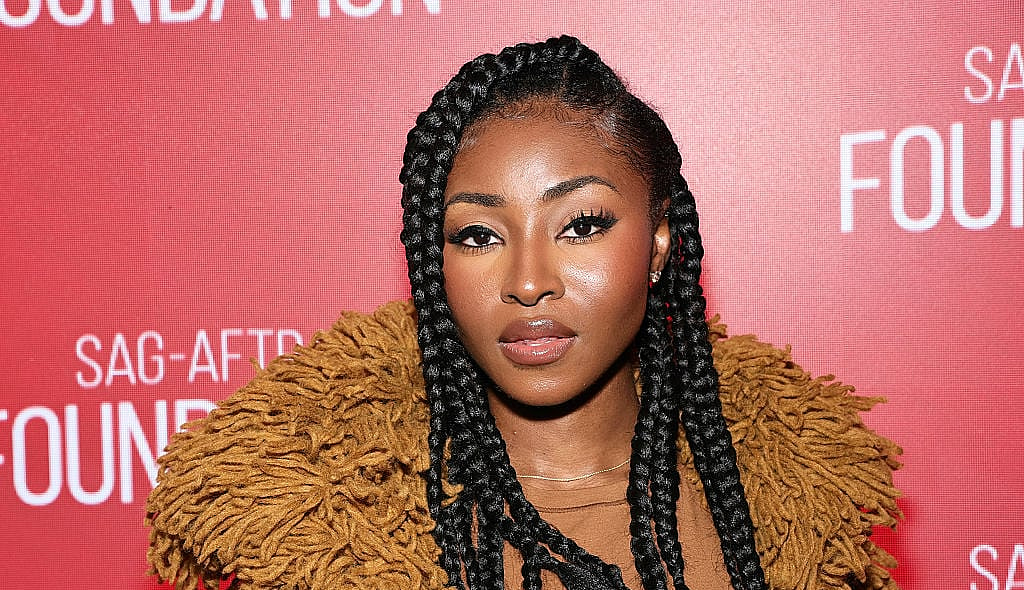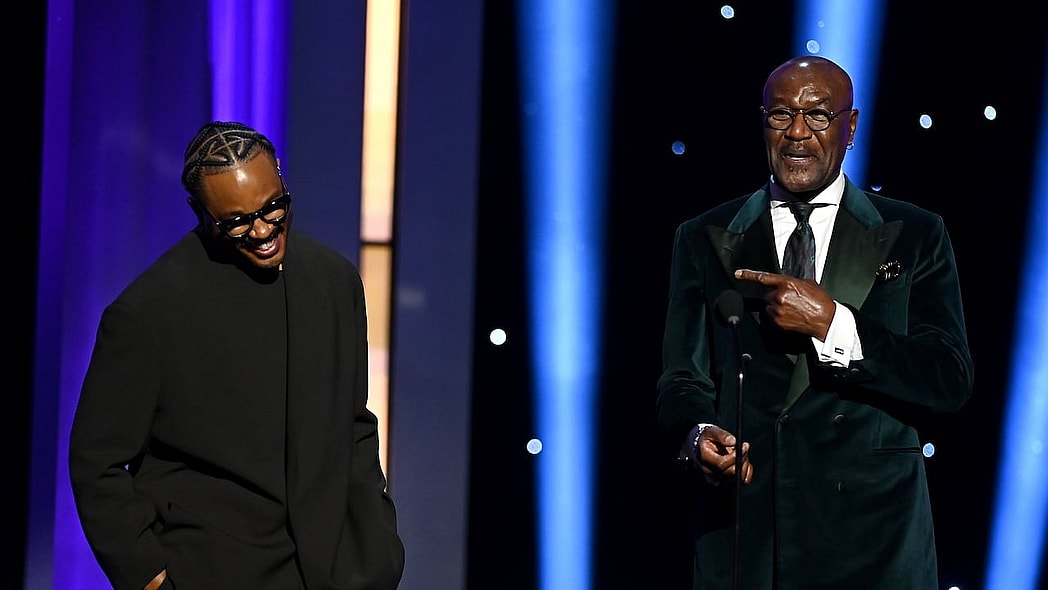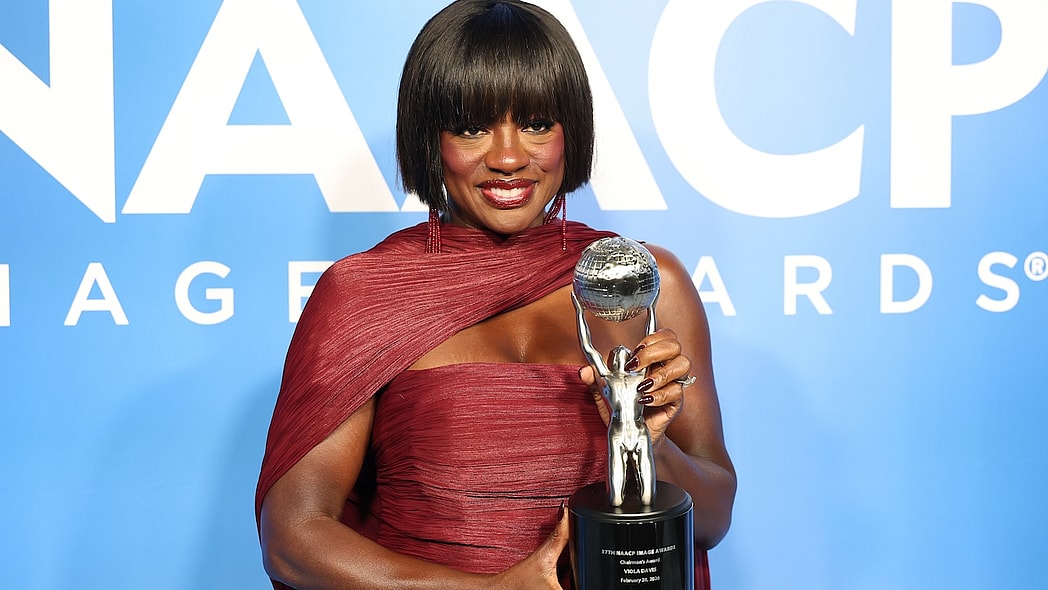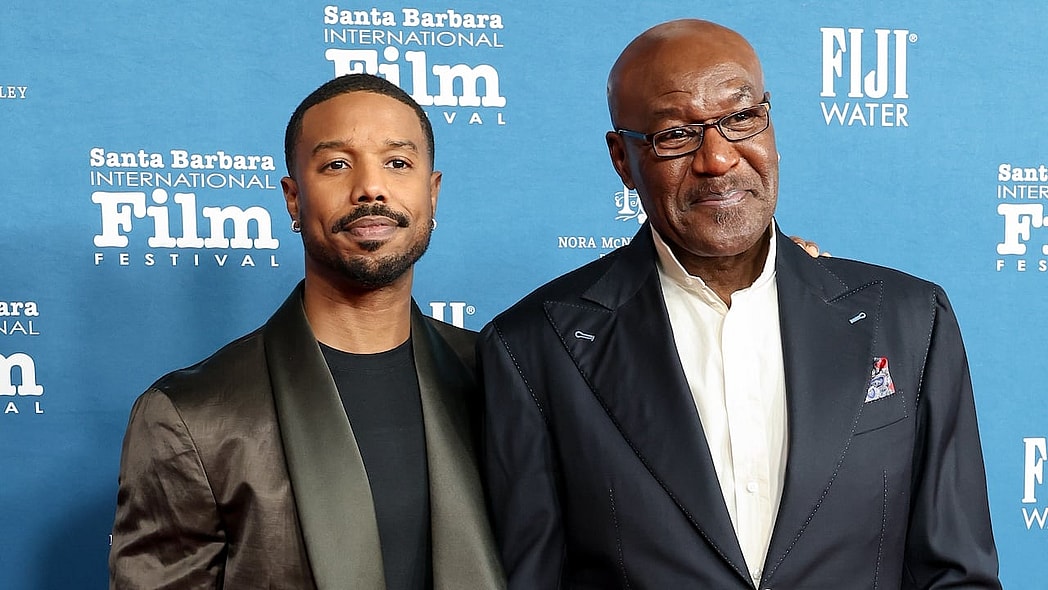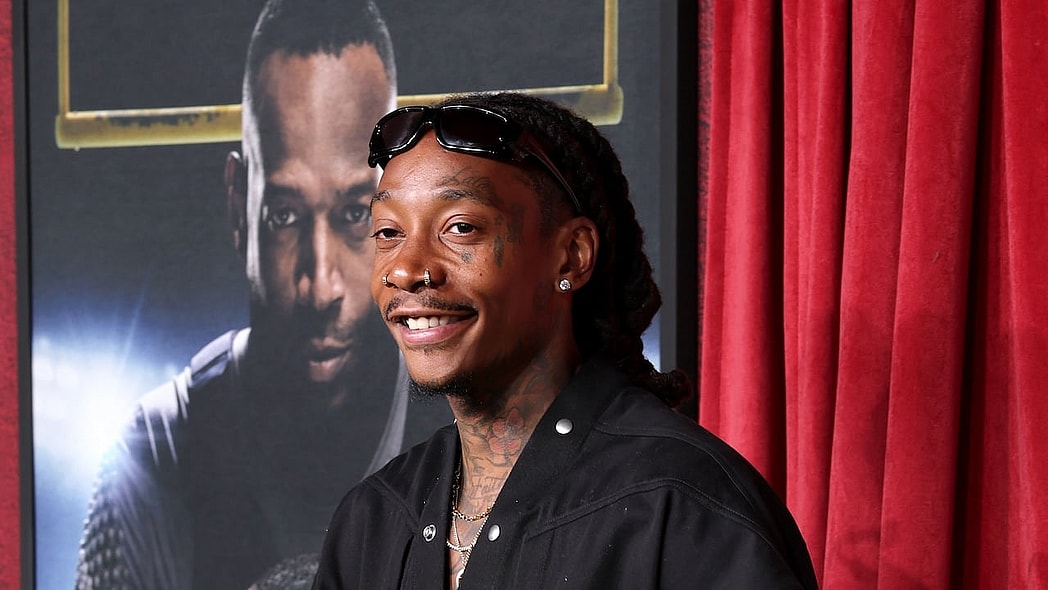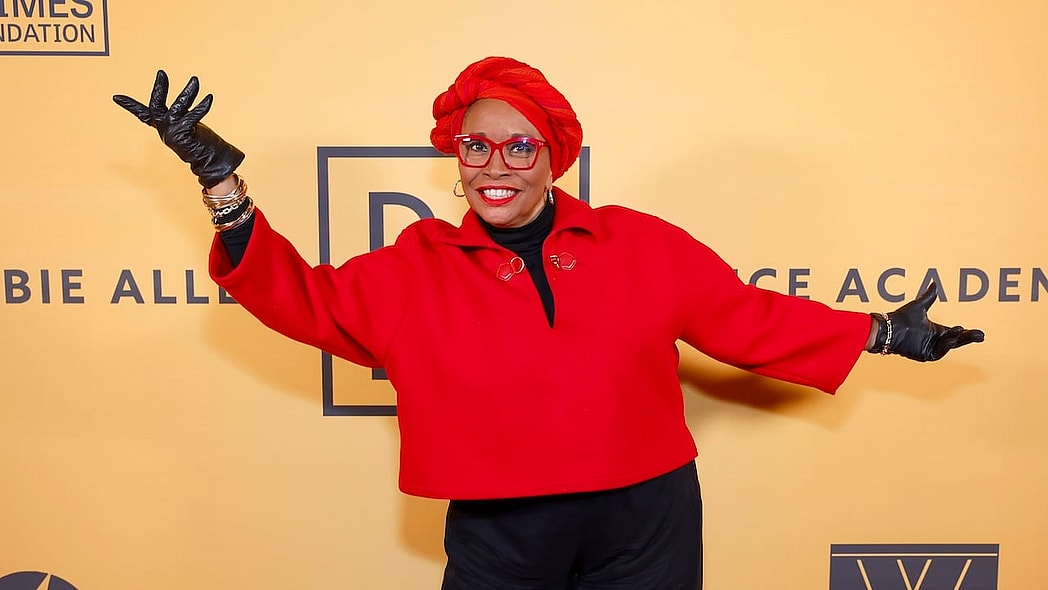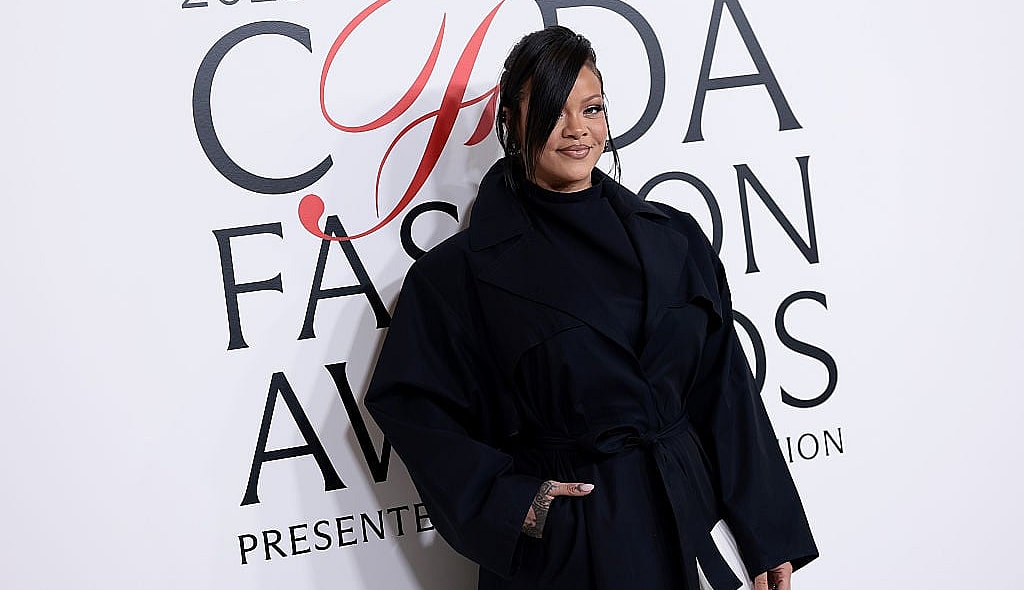Editor’s note: The following article is an op-ed, and the views expressed are the author’s own. Read more opinions on theGrio.
Being a cultural writer, especially one whose job it is to comment on pop culture events, can put you in the position of critic or cynic as often as it can make you a king (or queen) maker. Let’s face it, all of pop culture isn’t amazing or interesting; things worthy of note today might be lost to the annals of history by next year, only to be remembered via humorous looks back in a “what were we thinking?” capacity. Sometimes, though, you write a thing that impacts immediately and that impact remains forever, for better or worse, depending on your vantage point.
In June 1985, writer and editor David Blum wrote a cover story for “New York Magazine” titled “Hollywood’s Brat Pack” about the actors (none of the actresses who might have fit the bill at the time were included) who made up the until-then-unnamed group and the fame-hungry, unserious-but-profitable lives they seemed to be living. The story centered around Emilio Estevez, Rob Lowe and Judd Nelson, all actors who starred in several films, together and separately, that became the defining cultural markers for the youth culture of 1980s America. I would be remiss if I didn’t point out that they’re the defining cultural markers for white America’s youth — very few people of color existed in the worlds created by John Hughes and his ilk; Ira Madison and Malcolm Gladwell speak about this in the documentary.
The article and its ensuing fallout (or not) were the inspiration for Andrew McCarthy’s documentary about the ensemble, “Brats,” now available on Hulu. McCarthy, who was mentioned in the article via a negative quote from another non-named Brat Packer, seems to have been holding onto that term and any negative connotations for almost 40 years as some sort of albatross around his neck. The goal of his documentary was to seek out as many Brat Packers as possible, determine who was in the group (again, the original article didn’t name any leading women from the era, but history has since corrected this), and understand what that term meant for their careers and lives.
The documentary is fascinating. For one, I was too young to realize how many of the actors named eschewed the label. I didn’t even know how the term came to be, though I was familiar with it (and with certain people as members) until I started watching the documentary. I’m familiar, of course, with the John Hughes era; I’ve seen a good amount of the movies that defined the era from “Risky Business” to “ Pretty in Pink” to “The Breakfast Club” to “St. Elmo’s Fire,” etc. While beloved by millions, I was never a huge fan. By the time I started watching the movies I didn’t feel seen at all by them but was able to understand them as representative of the cultural zeitgeist of the ’80s. John Hughes didn’t write or direct all of the movies that featured Brat Packers, but you can’t talk about the Brat Pack without John Hughes. But it seems that, via archival interview footage in the documentary, many of the actors and actresses rebuffed the moniker and the box it placed them into, which is interesting since quite a few (Tom Cruise, Demi Moore, and Sean Penn, for example) have had really successful movie careers.
Entertainment
To be fair, the article couldn’t possibly have done any of the folks included any favors, though stunting their careers seems like a reach. While watching the documentary, I paused to read the article. To call it ungenerous would be an understatement. The story centers on Estevez, and more or less paints him, Lowe and Nelson as aloof, selfish, self-centered young actors who care about little else besides themselves — basically as young, entitled movie stars. Oh, it points out that none of them went to acting school; the implication is that they take fame more seriously than the craft. That sentiment is splattered all over the article and reiterated over and over in documentary interviews with the various people McCarthy speaks to like Estevez, Lowe, Moore, Tim Hutton, Jon Cryer, and Ally Sheedy. To McCarthy, that article (and moniker) trivialized them as actors and professionals and broad-stroked an entire group of people despite focusing on a few nights out with Estevez, Lowe and Nelson. Today, we might call it a hit job. And because of its catchy title, the naming of the group and the narrative it spun, I can see how it could have impacted the lives of the actors. Again, fascinating.
Towards the end of the documentary, McCarthy sits down with Blum to discuss the controversial article and whether Blum would do anything differently in his writing process. Almost defiant in his defense of his piece, Blum argued he’d do nothing different and acknowledged the piece could have been a little mean but that’s what he saw. He even seemed a little bemused (maybe more confused) that this article he’d written caused so much consternation, yet he was proud of being someone who defined a cultural phenomenon. McCarthy, on the other hand, seemed less enthused and almost wanted an apology for the impact this thing had on his life.
That was the most interesting part of the documentary for me. As a person who has written about countless individuals, famous or not, I’ve rarely considered any real potential impacts. I’ve never considered that something I wrote as part of my weekly duties could impact the perception or a narrative around a person — I like to think that I’m calling a thing a thing. Sure, I’ve had more than my fair share of social media run-ins with artists or media personalities who have taken issue with things I’ve written, but my articles living rent-free in their minds has always seemed far-fetched. To see McCarthy sit with Blum in the midst of an entire documentary he created specifically to talk about a thing living rent-free for 40 years is telling. It’s a reminder that, whether real or perceived, the people we write about are human and can act like humans. To McCarthy, being a member of the Brat Pack had immediate and long-lasting repercussions for his career.
I can acknowledge that, over time, I stopped going so hard at people I didn’t know, famous or not, in print. I realized that celebrating people didn’t take as much out of me as taking people to task. I have even apologized to a person or two for writing something that was less than favorable, or even mean, even if I have no idea if they’d ever read the apology. I’ve read things I’ve written and cringed; while I don’t think it had any impact on any careers, the truth is I don’t know. “Brats” shows you how that can happen even with some of the most famous people in an industry. I used to think that famous people were too big to care about the words and opinions of the world, but I guess that’s wrong. McCarthy’s documentary illustrates just how much some people do care and how just because a writer moves on doesn’t mean the subject does. It’s a lesson in humility and seeing the other side.
As a writer who has made certain decisions based on my own mental health, it confirmed that sometimes, just sometimes, these things we write hit home in ways that we don’t expect, and being mindful of that costs me nothing.

Panama Jackson is a columnist at theGrio and host of the award-winning podcast, “Dear Culture” on theGrio Black Podcast Network. He writes very Black things, drinks very brown liquors, and is pretty fly for a light guy. His biggest accomplishment to date coincides with his Blackest accomplishment to date in that he received a phone call from Oprah Winfrey after she read one of his pieces (biggest) but he didn’t answer the phone because the caller ID said “Unknown” (Blackest).


